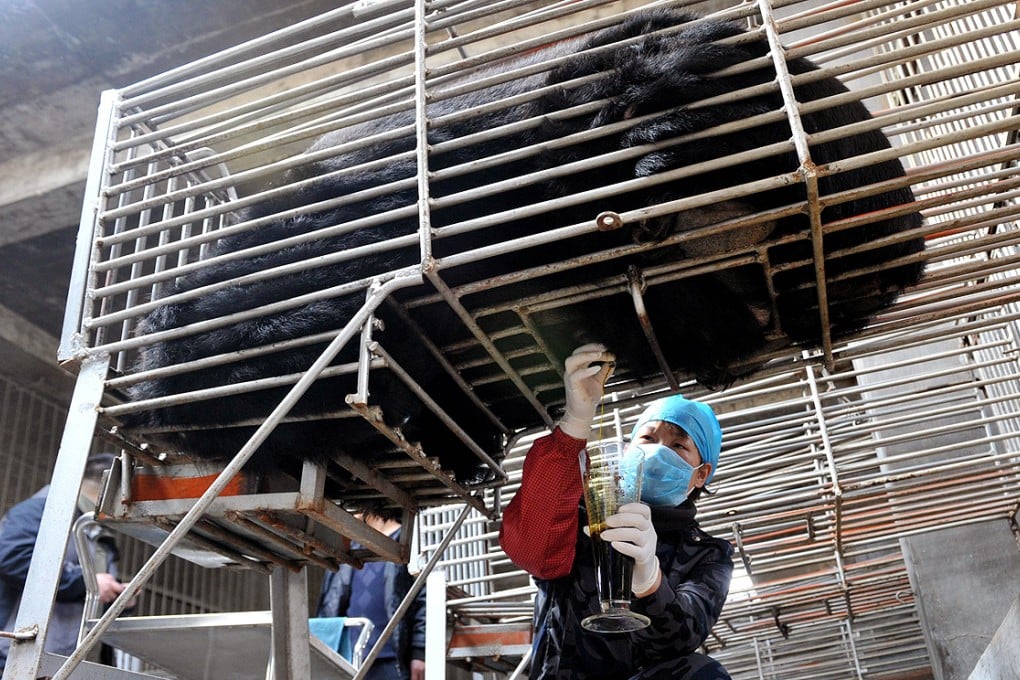Biggest Chinese producer of bear bile seeks synthetic alternative
The nation's largest manufacturer of bear bile is looking at synthetic alternatives, a move welcomed by animal activists.

The nation's largest manufacturer of bear bile is looking at synthetic alternatives, a move welcomed by animal activists.
Shanghai's Kai Bao Pharmaceuticals - which accounts for half of the 30 tonnes of bear bile produced in China annually - will receive state subsidies to conduct research and clinical testing of the new method.
The bile, used in Chinese medicine, is extracted through holes cut into the abdominal walls and gall bladders of Asiatic black bears - a practice condemned as cruel by rights groups.
Jill Robinson, founder of Animals Asia Foundation who has been instrumental in fighting the trade, said: "It's the first time we've heard this ... initiated by a large company as well.
"It's been a long time coming, and this is really welcome news."
Animals Asia said the Ministry of Science and Technology should be congratulated for supporting such a research project.
The company aims to develop a bear bile equivalent using poultry bile and biotransformation technology, with Kai Bao owning the intellectual property rights.